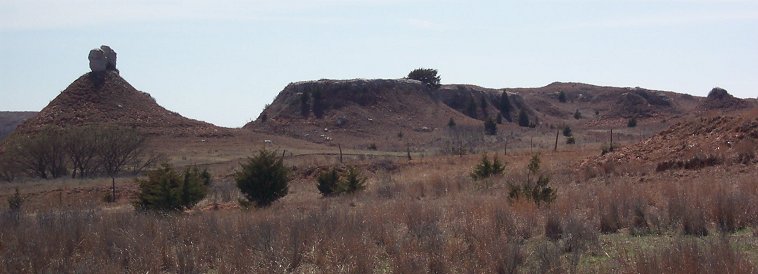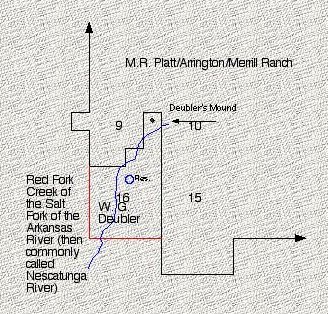Funeral services for Wm. Deubler, one of Comanche county's earliest settlers, were held in the Christian church in this city last Saturday afternoon at 2:30 p.m. and were in charge of Rev. Donald A. Kessler, pastor of the Methodist church in this city. Mrs. George Brown and Mrs. Merle Haun sang "The Old Rugged Cross" and "Beyond the Sunset," accompanied on the piano by Mrs. Jessie Robertson.
Burial was beside Mr. Deubler's wife, who passed away January 3, 1935. The pallbearers were Roy Lytle, Gloyd Hadley, Jack Ballar, L. B. Sailor, Earl Martin and Jim Copple.
Obituary
William G. Deubler, son of Mr. and Mrs. Gottlieb F. Deubler, was born June 7, 1864, in Warsaw, Ill., and departed this life at his home in Coldwater, Kans., January 27, 1949, at the age of 84 years, 7 months and 20 days.
Mr. Deubler spent his early life near the place of his birth. He came to Kansas in 1884 at the age of 20 and homesteaded in the southeastern part of Comanche county, where he continued to reside until moving to Coldwater about 30 years ago.
In 1892 he was united in marriage in Nescatunga township, this county, with Miss Emma Tripp, and to this union one child was born.
Mr. Deubler is survived by his daughter, Mrs. Arthur Sanders of Coldwater; two sisters, Mrs. Rosa Kurz of Coldwater and Mrs. Clara Blakely of Scandia, Kans.; one brother, John Deubler, of Selling, Okla.; five grandsons, eight grandchildren and many friends.
He was preceded in death by his parents, four brothers, four sisters, three grandchildren and his wife.
Mr. Deubler was a quiet and law-abiding citizen and a kind husband and father who took pride in his farming and gardening. The sorrowing relatives have the sympathy of all.

